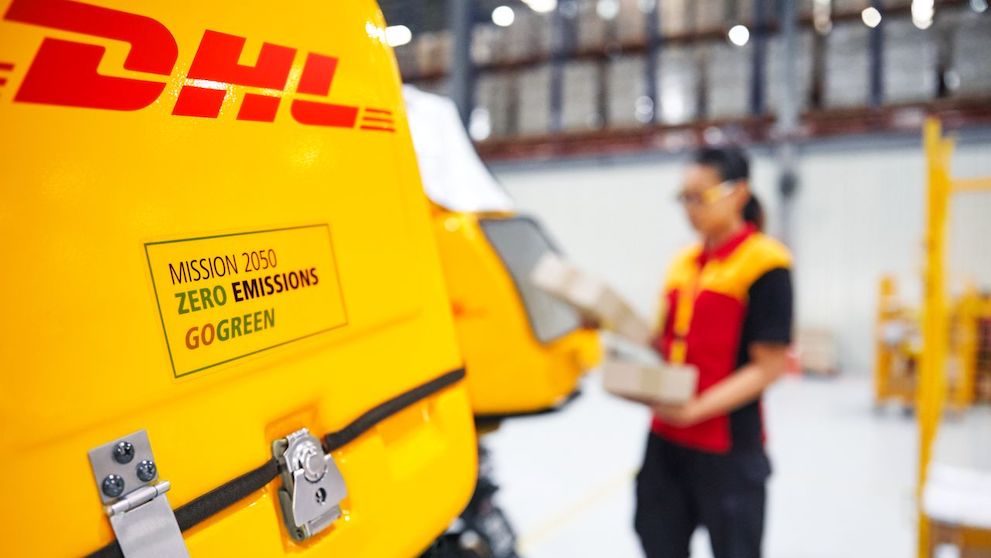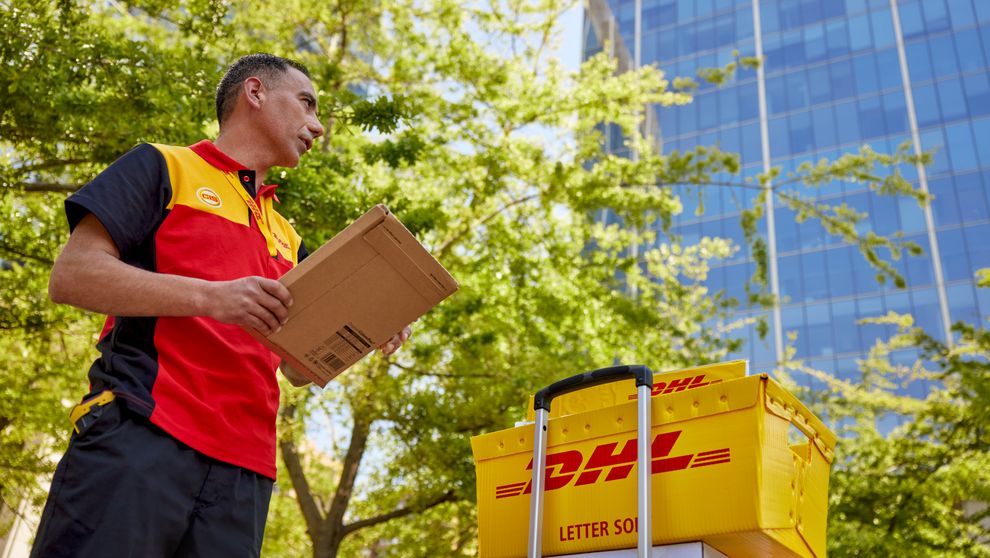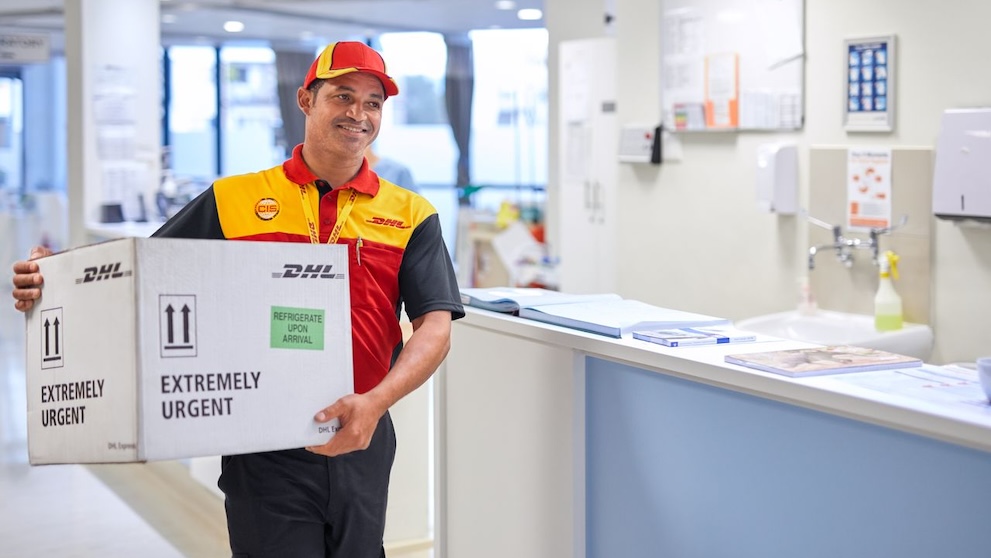One of the challenges e-commerce businesses in Indonesia and around the world face is the possibility of lost shipments. When packages go missing, businesses may face the burden of not only replacing lost items but also managing the fallout with dissatisfied customers. This could even affect the customer’s trust and loyalty.
In response to this, logistics companies design advanced tracking systems that can enhance visibility and control throughout the shipping process. Therefore, e-commerce businesses should take the proactive approach of partnering with these companies to ensure not only safety but transparency in the movement of their package as they are delivered to the customer.
The importance of reliable shipment tracking
Reliable shipment tracking has become indispensable in today’s e-commerce sector due to heightened customer expectations. Buyers are now more keen on knowing their order’s journey from the moment it is processed to when it arrives at their doorstep. As such, e-commerce companies should consider integrating advanced tracking systems into their shipping processes to accommodate their buyer’s need for transparency. Employing a robust and reliable tracking system ensures real-time updates on shipments, which, in turn, gives peace of mind to both the buyer and seller.
Understanding advanced tracking technologies
Advanced tracking technologies have become essential in enhancing the logistical operations of many e-commerce businesses. Some of these technologies include:
1. GPS
The Global Positioning System (GPS) refers to a satellite-based navigation system that presents location and time information under all weather conditions, anywhere on or near the Earth. GPS devices are often installed in transportation vehicles or embedded in freight containers to help track the precise location of shipments in real-time. This capability allows logistics companies to monitor their assets continuously and manage their fleet more effectively, ensuring timely deliveries and optimising routes to avoid delays.
2. RFID
Radio Frequency Identification (RFID) technology utilises electromagnetic fields to identify and track tags attached to objects right away. Each RFID tag contains electronically stored information which can be read from up to several feet away. They do not need to be within the direct line of sight of the reader, thereby enabling a more efficient tracking process. Logistics companies typically apply RFID tags to individual products, pallets or containers, enabling automatic inventory management and reducing human error in tracking processes.
3. IoT and smart sensors
The Internet of Things (IoT) refers to the network of physical objects — "things" — that are embedded with sensors, software, and other technologies to connect and exchange data with other devices and systems over the Internet. In shipment tracking, IoT devices can include smart sensors that monitor various conditions affecting the shipment. For instance:
- Temperature sensors: These are crucial for perishable goods such as food items and pharmaceuticals, ensuring that the products are stored and transported within safe temperature ranges.
- Impact sensors: These sensors detect and record impacts or vibrations that could damage fragile goods during transit. Information gathered from these sensors can be beneficial for quality assurance, as well as improving packaging and handling procedures.
Integration with e-commerce and logistics software
Integrating advanced tracking technologies like GPS, RFID and IoT into e-commerce platforms and logistics management software is crucial for achieving seamless operations and ensuring data consistency. By effectively incorporating these technologies, businesses can streamline inventory management, order processing, and delivery scheduling, enhancing the overall efficiency of their operations.
Moreover, these technologies allow for the accurate reflection of data collected from various tracking devices within the logistical system, providing stakeholders with reliable and up-to-date information. As a result, key stakeholders can make informed decisions on the business’s logistics operations. This may include adjusting shipping routes based on real-time traffic conditions, managing inventory levels according to current stock and demand forecasts, and enhancing the responsiveness of the entire supply chain.










